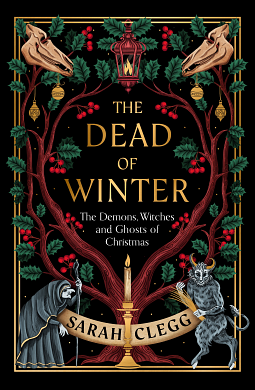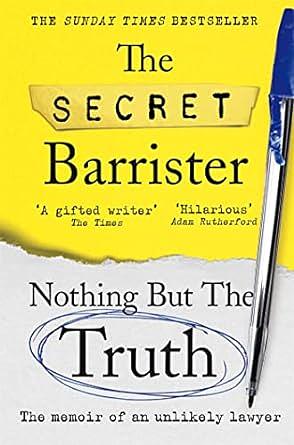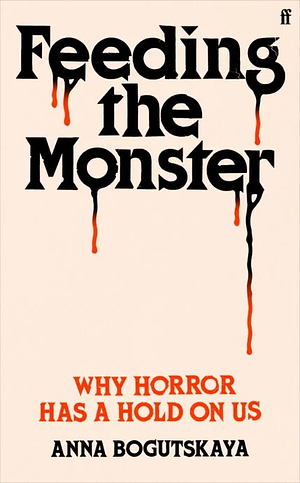
The Dead of Winter: The Demons, Witches and Ghosts of Christmas
by Sarah Clegg
Genres: History, Non-fictionPages: 208
Rating:

Synopsis:As winter comes and the hours of darkness overtake the light, we seek out warmth, good food, and good company. But beneath the jollity and bright enchantment of the festive season, there lurks a darker mood - one that has found expression over the centuries in a host of strange and unsettling traditions and lore.
Here, Sarah Clegg takes us on a journey through midwinter to explore the lesser-known Christmas traditions, from English mummers plays and Austrian Krampus runs, to modern pagan rituals at Stonehenge and the night in Finland when a young girl is crowned with candles as St Lucy - a martyred Christian girl who also appears as a witch leading a procession of the dead. At wassails and hoodenings and winter gatherings, attended by ghastly, grinning horses, snatching monsters and mysterious visitors, we discover how these traditions originated and how they changed through the centuries, and we ask ourselves: if we can't keep the darkness entirely at bay, might it be fun to let a little in?
If you’re more into Halloween than Christmas, Sarah Clegg’s The Dead of Winter might bring you some joy. It’s all about the ghosts, witches and monsters of Christmas: we’re not talking Dickens here, but the Mari Lwyd, Krampus, Perchta, the Wild Hunt, and seeing premonitions of your own death.
It’s a relatively short book, but seems pretty well researched, and there are sources listed after each chapter. (Unlike, say, Judith Flanders’ book on Christmas traditions, it at least spells “Mari Lwyd” correctly, and doesn’t pretend it’s exactly the same tradition as the Klapperbock and similar.) Clegg discusses various customs and how they’re related, and also joyously participates in some of them herself. It’s fascinating how creepy she found some of them (and how well she described that sensation of fun-with-an-edge-of-unease) — definitely wouldn’t catch me doing some of these things!
The book could’ve done with some editing, however, at least in the ebook version: there were at least two sentences that had either no beginning or no ending. The format on Kindle is also kind of annoying, because you have to tap the footnote symbol to go to the footnotes page for that chapter, where all the footnotes are denoted by symbols. I’m not very visual, and it was maddening to try to tell myself what symbol I was looking for to read the corresponding footnote, only to be stymied by the fact that they’re not that visually distinct.
Still, the content was interesting!
Rating: 4/5











